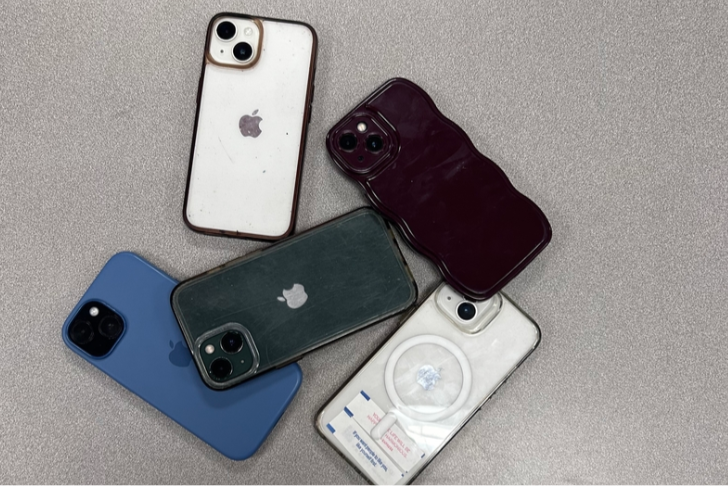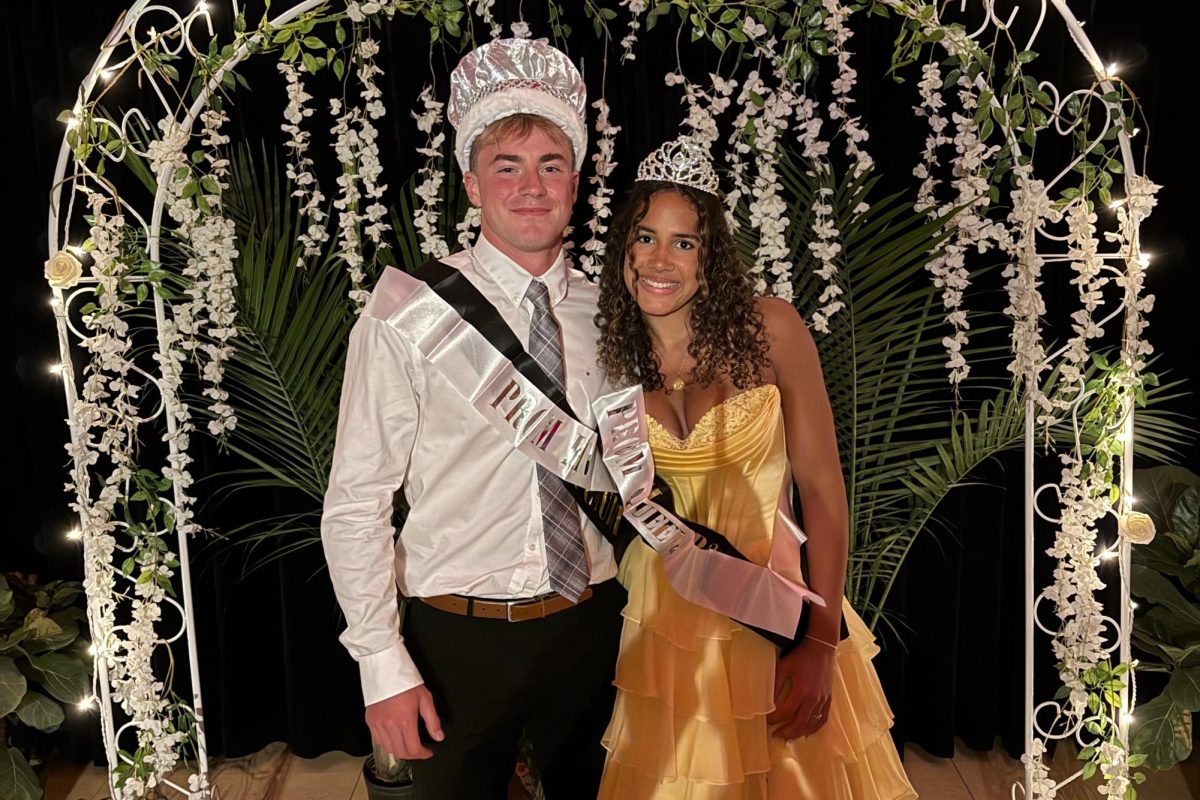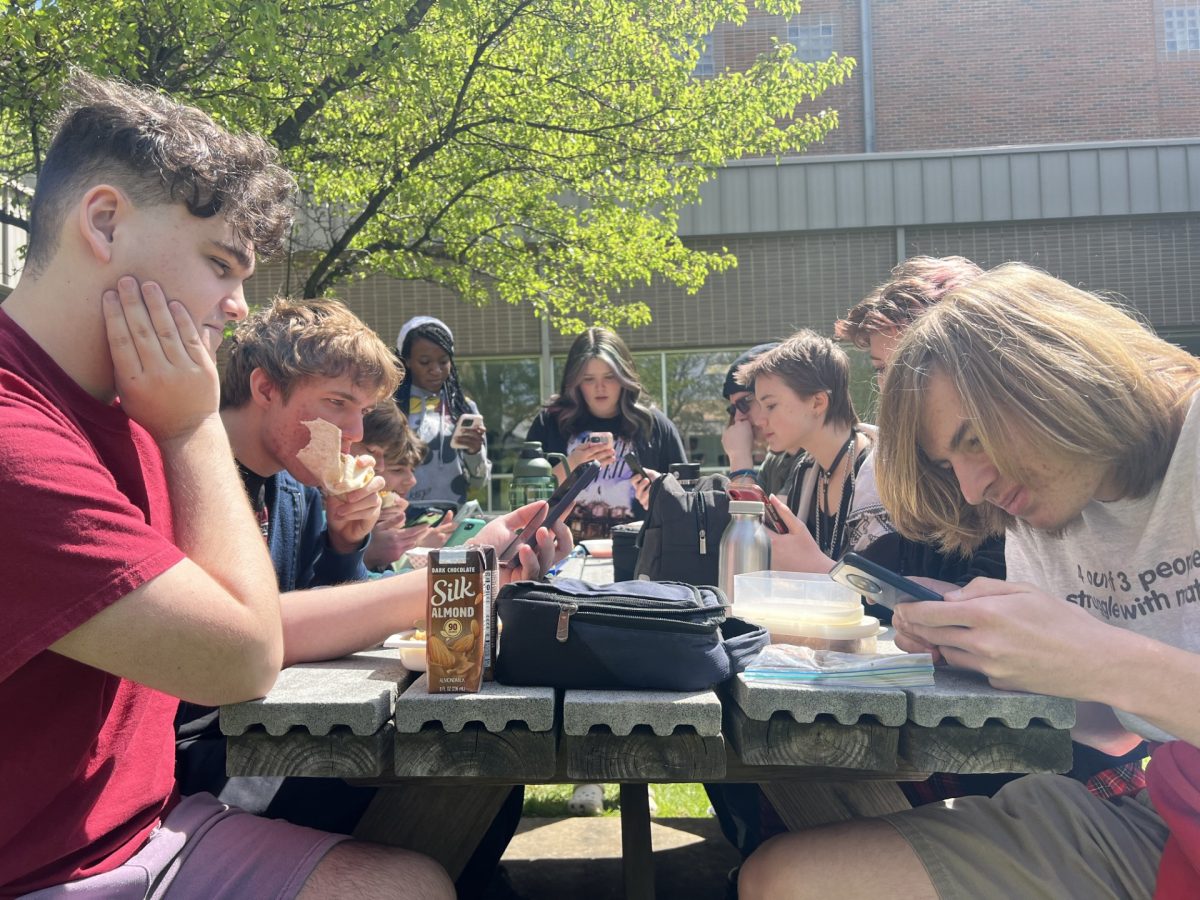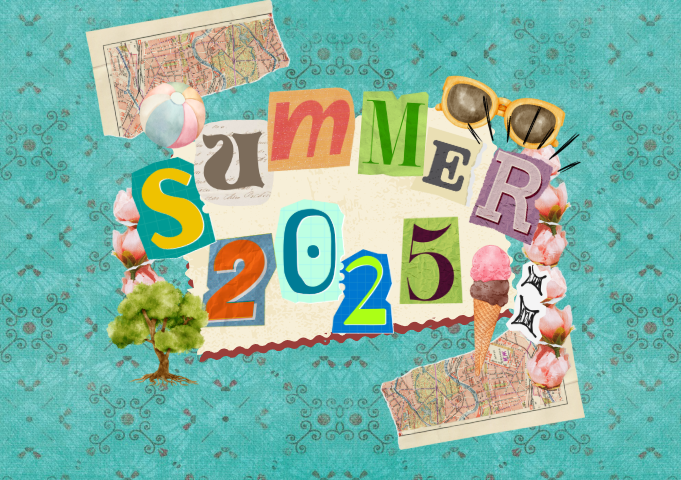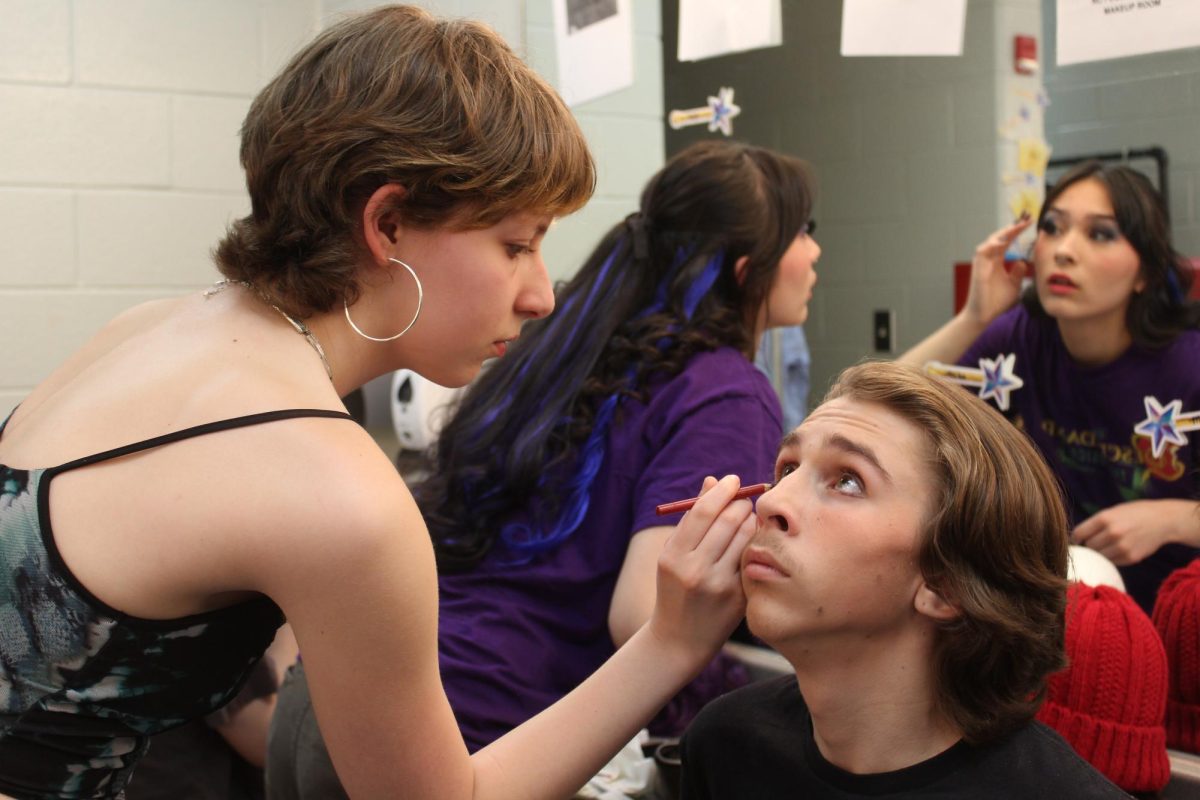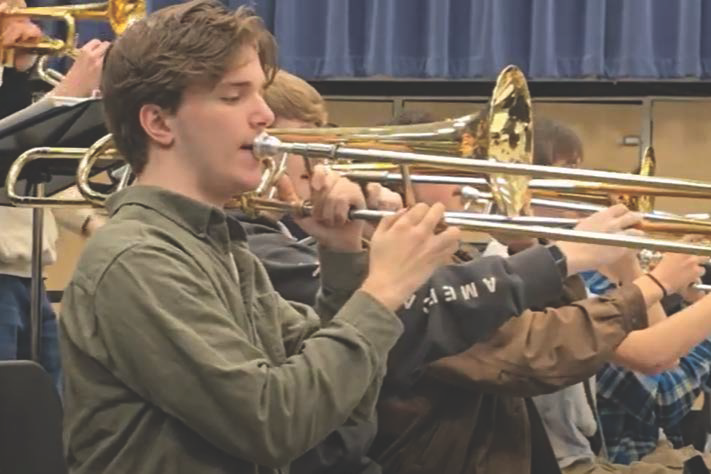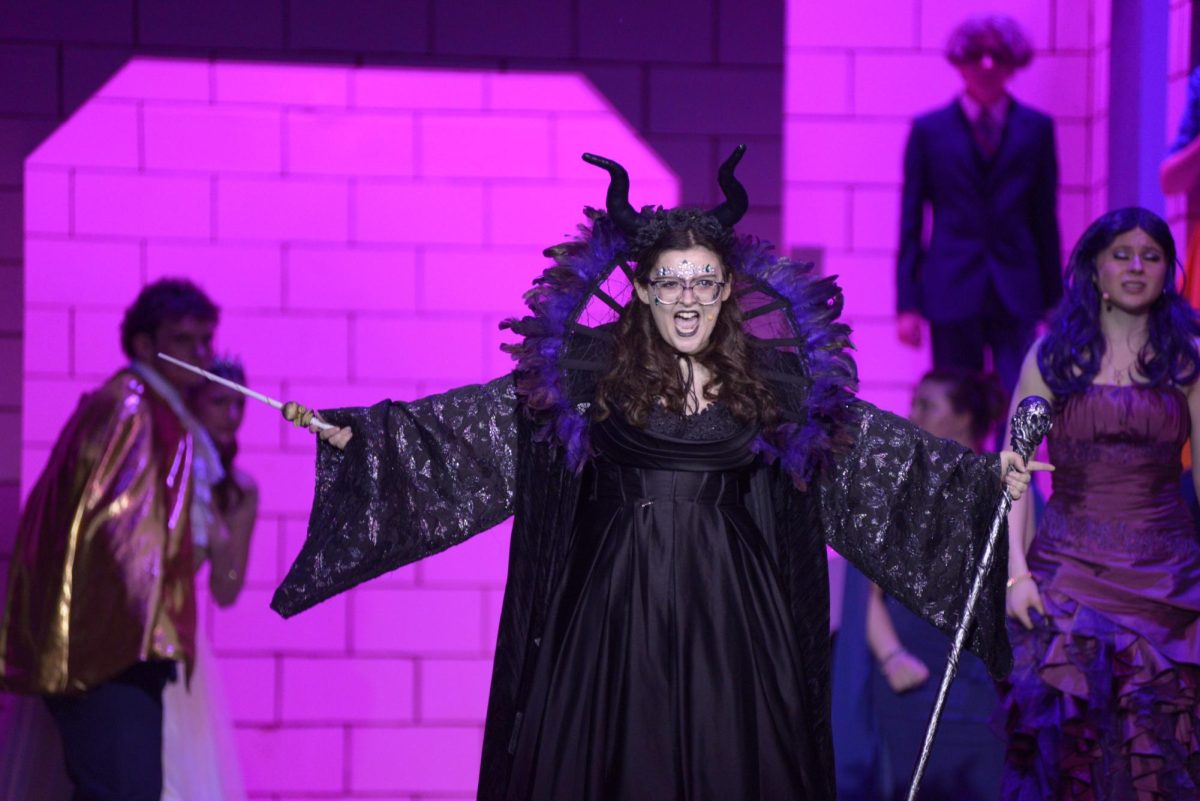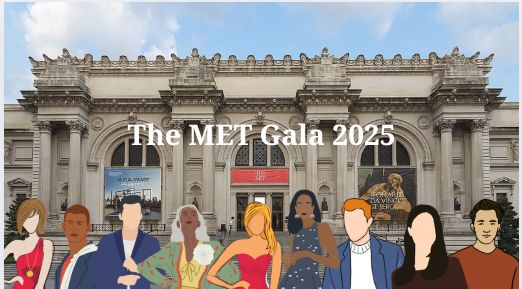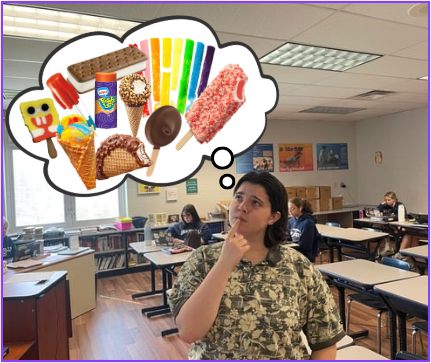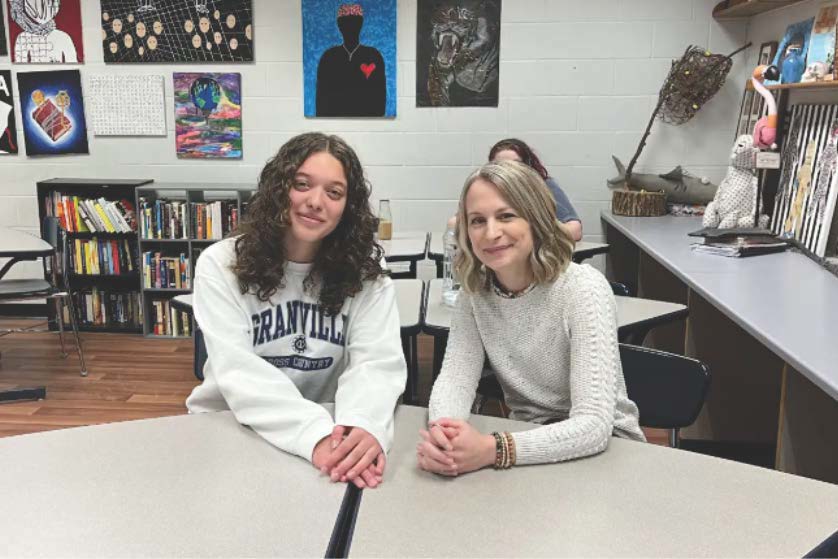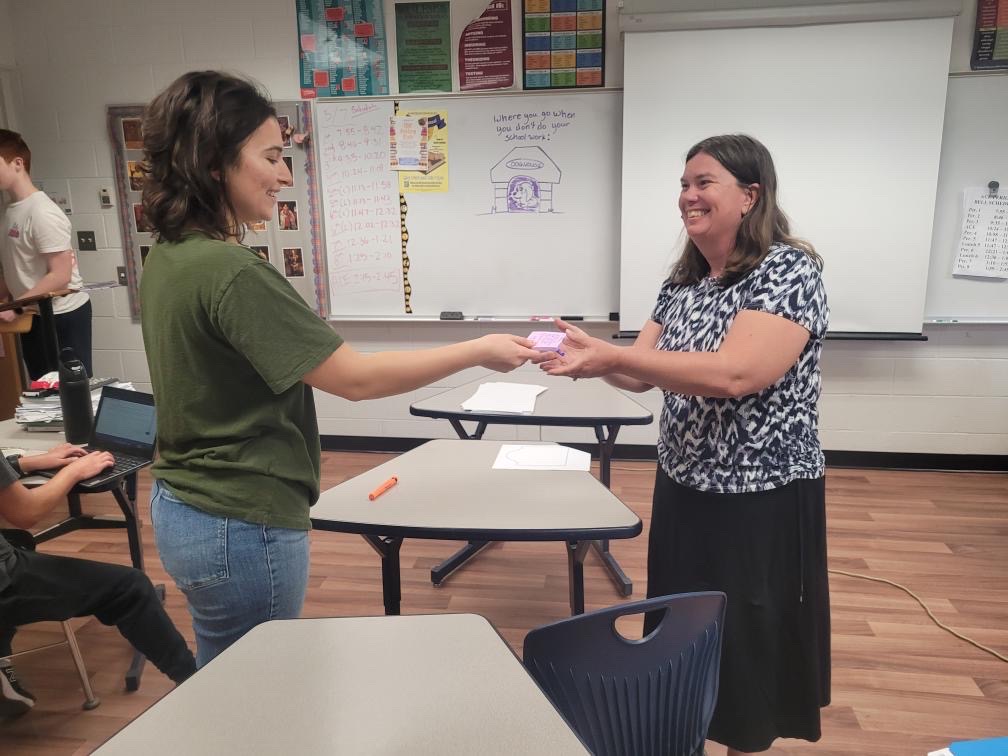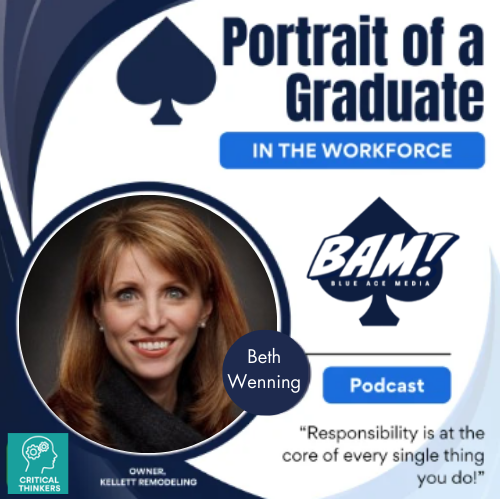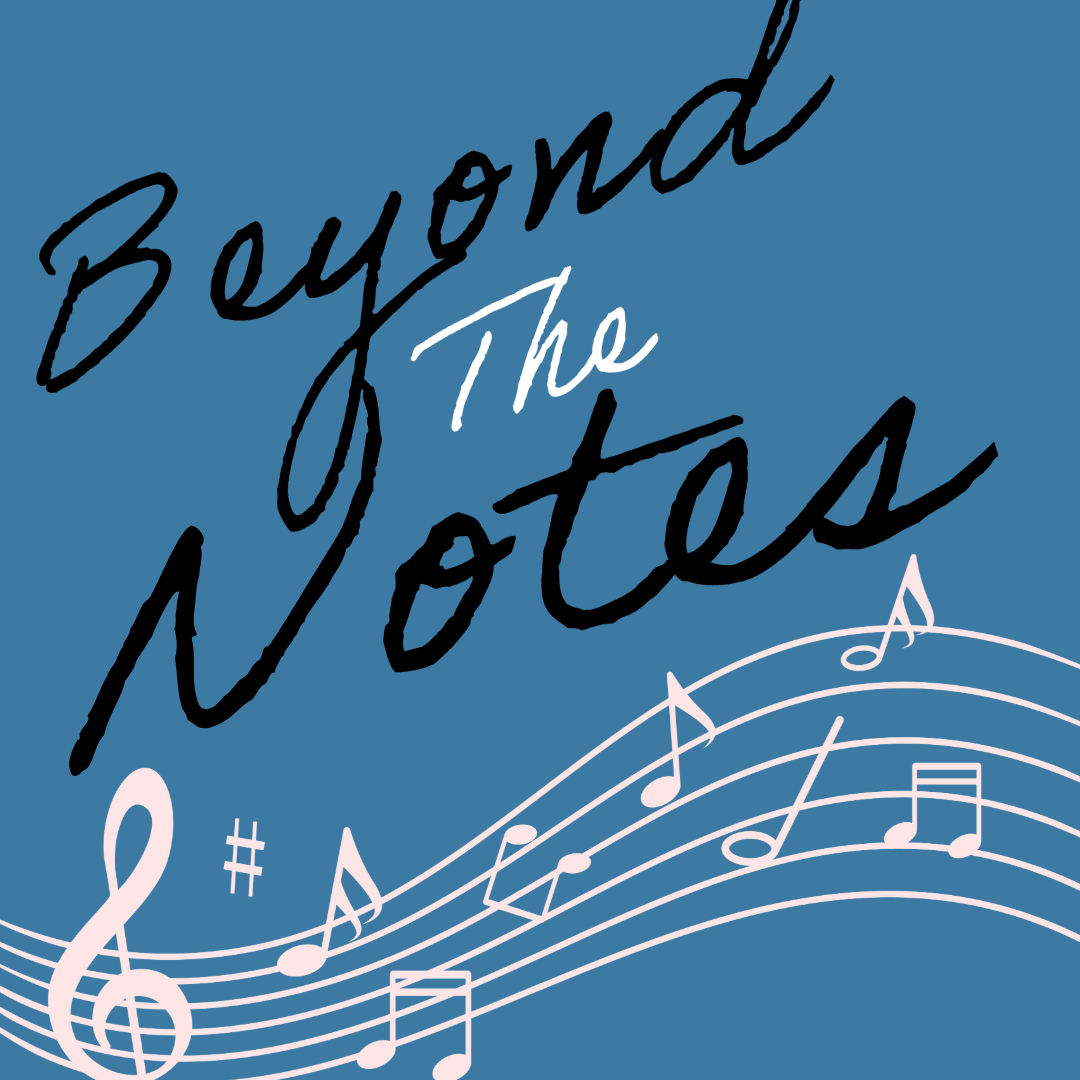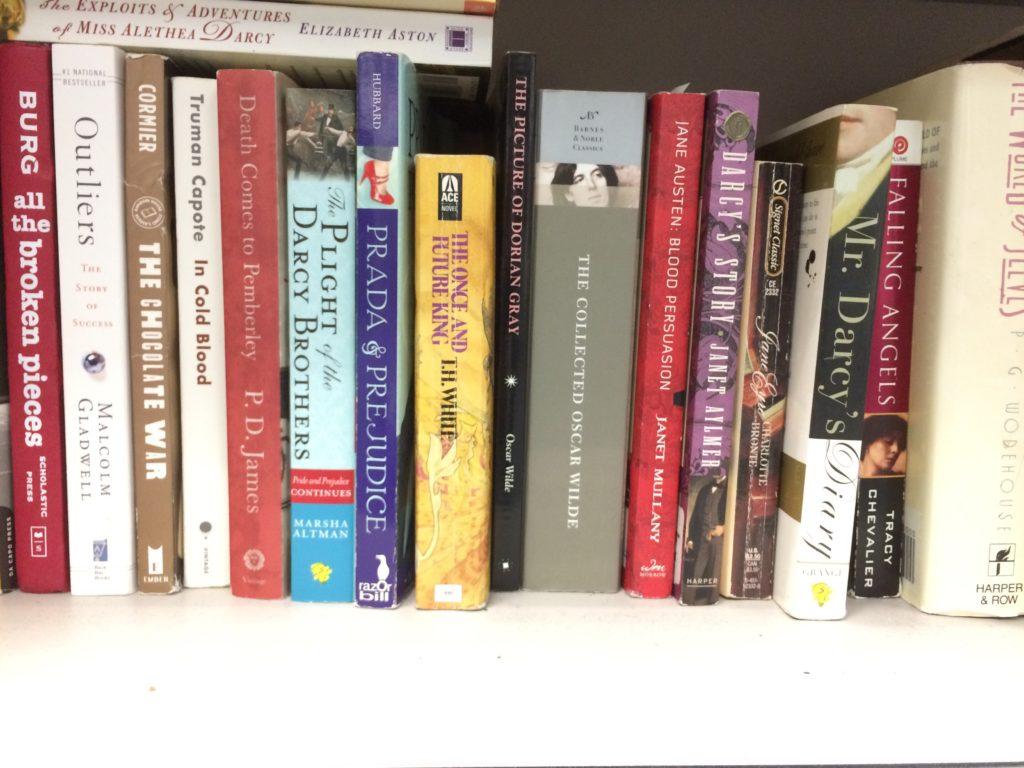BY CARSTEN SAVAGE (’17)
As high school students, it may seem like there is not enough time to read books for English, let alone novels for fun. In Advanced and AP classes, we have enough to read; Great Expectations, The Grapes of Wrath and Jane Eyre are some of the enormous assignments we are tasked with reading thoroughly in order to succeed at quizzes, tests and essays. For many of us, pleasure reading is the last thing on earth that we would ever want to do. With so many other activities to take part in, why would we ever want to read more than we have to?
Reading makes sleep immensely easier. When we read a physical book, our eyes naturally get tired as they concentrate on the words. Staring at a computer or phone, however, does the opposite; our eyes get stimulated by the light and become strained. When we go on Instagram or Twitter before going to bed, we are ultimately making ourselves less likely to fall asleep. If we read a book every night before we go to sleep—even five minutes—we “ensure” that our eyes are ready for sleep, and we get to experience a novel as well.
In adulthood, reading often signifies sophistication. Professors, doctors and business people often talk about books that they’ve read or want to read to appear intellectual and ambitious. While it depends on the book, reading usually exemplifies a desire to improve oneself; we become better at sympathizing with those around us, we learn how to improve our lives and we become deeper thinkers as well. Many of us are reluctant to read, but it actually benefits us more than we realize.
For experienced readers, books can be just as entertaining as movies. We often hear that “the book was better than the movie,” and this can be puzzling. How can a movie—with costumes, sets and music—be less exciting than words on a page? Many readers visualize as they read, so they see the “movie” inside their heads. Once they’ve visualized the novel’s world, they often feel disappointed with the actual film adaptation. Visualization is a skill that is challenging to acquire, but it makes reading a pleasurable activity.
We are reluctant to read in high school because we are required to read. Unbeknownst to us, however, our time spent reading will pay off immeasurably, and we should all consider reading outside of class to better our current lives and improve our futures.


